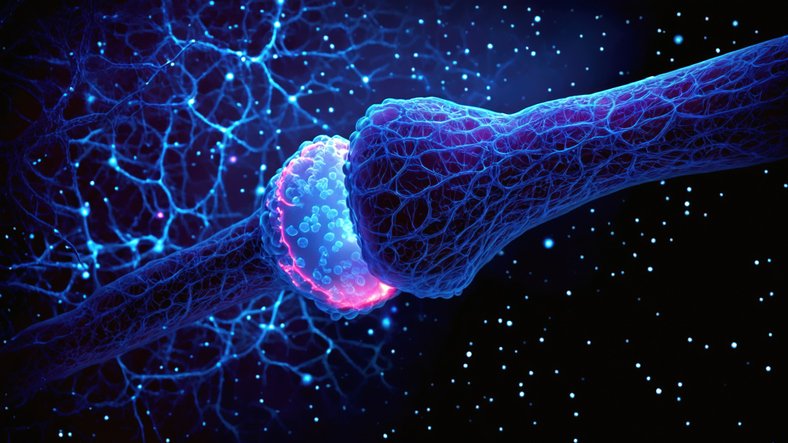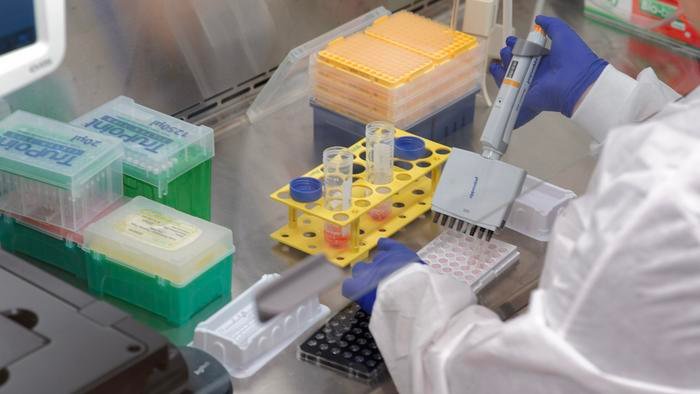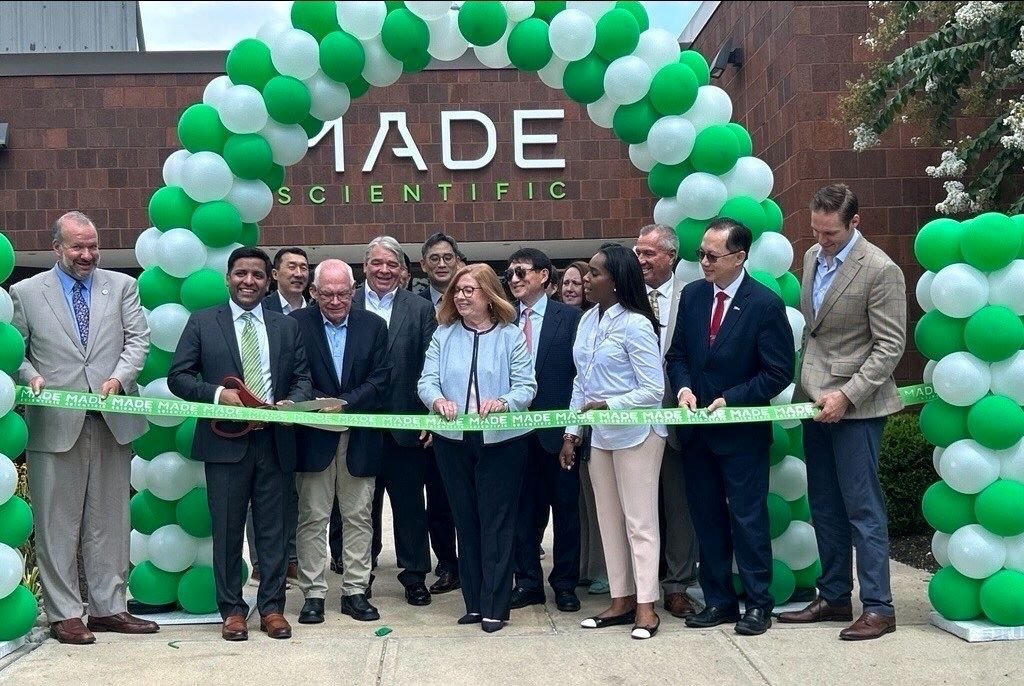Opioids like morphine and oxycodone have long been staples of pain management. But their powerful pain-relieving effects come at a high cost: respiratory depression, dependence, and, in some cases, death. In the United States, widespread overprescription of opioids sparked an epidemic that has only worsened with the rise of synthetic opioids like fentanyl. In 2023, opioid-related overdoses claimed nearly 80,000 lives, according to the CDC, cementing the opioid crisis as one of the most devastating public health emergencies of our time.
A promising new treatment, however, may offer a safer path forward.
Researchers at Kyoto University have developed ADRIANA, a novel non-opioid oral analgesic that targets the α2B-adrenoceptor. Unlike opioids, which act on the central nervous system’s mu-opioid receptors, ADRIANA relieves pain via an entirely different pathway, offering the possibility of effective pain control without the side effects or addiction potential associated with opioids, as this is a type of adrenergic receptor.
Stimulation of α2A and α2C subtypes is associated with sedation, analgesia, and sympatholytic effects as they are both located in the central nervous system. However, drugs that broadly activate α2-adrenoceptors can also stimulate α2B receptors, which are primarily located on vascular smooth muscle and are known to mediate vasopressor effects.
“If successfully commercialized, ADRIANA would offer a new pain management option that does not rely on opioids, contributing significantly to the reduction of opioid use in clinical settings,” said Masatoshi Hagiwara, MD, PhD, the study’s senior author and a specially-appointed professor at Kyoto University.
Published in PNAS in a paper titled, “Discovery and development of an oral analgesic targeting the α2B adrenoceptor,” the study describes how the team was inspired by the body’s natural stress response. Noradrenaline, released during life-threatening events, binds to α2A-adrenoceptors and suppresses pain. However, mimicking this process pharmacologically can cause serious cardiovascular side effects. Hagiwara’s team hypothesized that by blocking α2B-adrenoceptors selectively, they could increase noradrenaline levels, indirectly activating α2A-adrenoceptors and producing pain relief, without triggering cardiovascular instability.
To identify the right compound, the researchers employed a technique called the TGFα shedding assay to screen for molecules that selectively inhibit α2B-adrenoceptors. Their efforts led to the discovery of the world’s first such antagonist, now known as ADRIANA.
Following successful animal studies and non-clinical safety assessments, the team launched physician-led clinical trials at Kyoto University Hospital. In a Phase I trial involving healthy volunteers and a subsequent Phase II trial in patients undergoing lung cancer surgery, ADRIANA showed strong efficacy in relieving postoperative pain without major side effects.
Now, the researchers are preparing for a large-scale Phase II trial in the United States in partnership with BTB Therapeutics. Hagiwara has disclosed owning stock in BTB Therapeutics, along with two other partner firms: Kinopharma and HiLung.
If approved, ADRIANA would become Japan’s first non-opioid analgesic—and a potential game changer in global pain management.
“We aim to evaluate the analgesic effects of ADRIANA across various types of pain and ultimately make this treatment accessible to a broader population of patients suffering from chronic pain,” added Hagiwara.
With U.S. deaths from opioid overdoses still rising, the need for safe, effective, non-addictive pain relief has never been more urgent. ADRIANA may someday offer a much-needed alternative.
The post Novel Non-Opioid Analgesic May Offer Hope Amid U.S. Opioid Crisis appeared first on GEN – Genetic Engineering and Biotechnology News.




